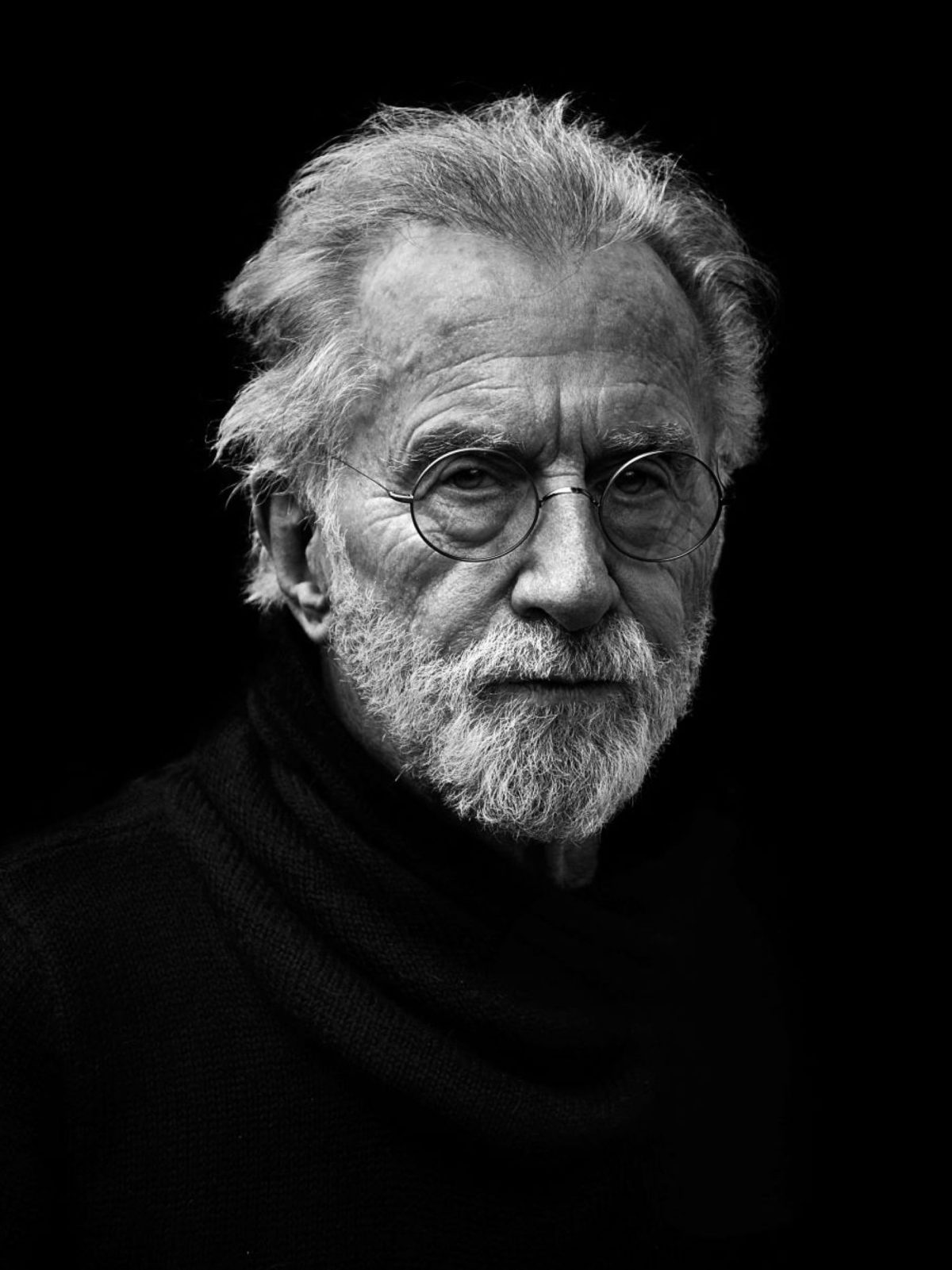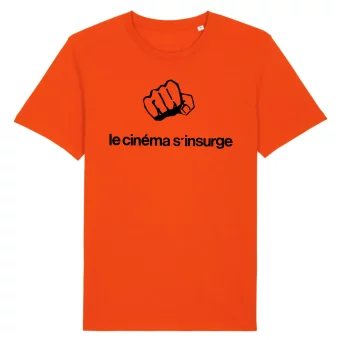“I didn’t think. I had no reference point. I had no fear. It was all really simple. Peter Jones of the Record Mirror told me to go and see them. I did. It was good for everybody… I was quite happy doing PR and I became happier managing the Rolling Stones.”
– Andrew Loog Oldham
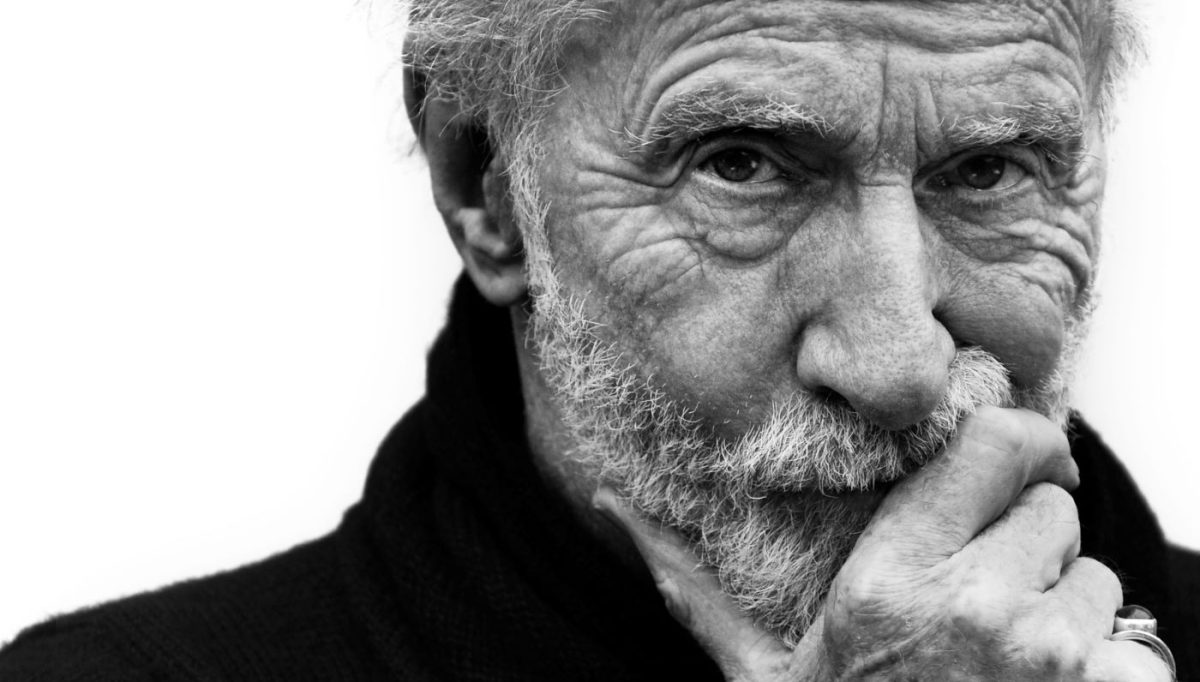
Let’s not start at the beginning, let’s start…
London, 1964.
Exterior Night. A powder blue chevy is driving the wrong way down the Edgware Road. Sitting in the passenger seat is the Rolling Stones’ manager/producer Andrew Loog Oldham (played by say Matt Molotov of the Molotovs). Driving is Oldham’s minder-cum-chauffeur-cum-wannabe-gangster Reg King (played by Tom Hardy). In the back is Keith Richards (played by some-as-yet-to-be-discovered actor). The car swerves right then left. Dodges on-coming vehicles. Lights flashing, horns blaring.
Interior Night. Inside the car Oldham is laughing maniacally. He leans out of the passenger window punching at on-coming cars.
Keith Richards is aghast.
Richards: Fuck’s sake, Andrew.
Exterior Night. A large lorry is heading directly towards the chevy. Lights flashing, horn peeping. At the last moment, King swerves the car away from the oncoming juggernaut.
Oldham is giddy with excitement. His view of the road is like that quote allegedly said by Greta Garbo or was it Marlene Dietrich? “rubies ahead of me, diamonds coming towards me.”
The car speeds another hundred yards. Weaving in-and-out of traffic. King pulls a handbrake turn into a side street parking the vehicle directly outside Oldman’s apartment at Ivor Court on Gloucester Place.
Exterior Night. Oldham emerges from the car laughing hysterically. He can hardly catch his breath. As the others alight in the background, Oldham looks directly at the camera and says.
Oldham: What a fucking blast.
Though based on true events, this opening sequence represents one of those cinematic tropes used to explain some narrative point or offer a potted biography of the central character. See Ken Russell‘s The Devils, or Dante’s Inferno, or The Debussy Film, or Lindsay Kemp’s dance at the beginning of Derek Jarman‘s Sebastiane.
You see, Andrew Loog Oldham’s biography is ripe for a movie. Two movies in fact. The first adapted from volume one of Oldham’s memoirs Stoned, covering his youth and early career up to getting the Rolling Stones their first number one. The second based on volume deux 2Stoned which would cover Oldham’s success as the Stones’ manager and producer and the unravelling of his relationship with the band. The films would be like That’ll Be the Day and Stardust with more than a soupcon of menace from Slade in Flame. Except everything in these movies would be true – well, almost.
‘Playing God was just my side line, actually. Getting records cut was my principal business.’
We are all gifted a certain amount of luck in our lives. It’s randomly cast like seeds across soil. Sometimes it grows. Sometimes it withers. So much is life.
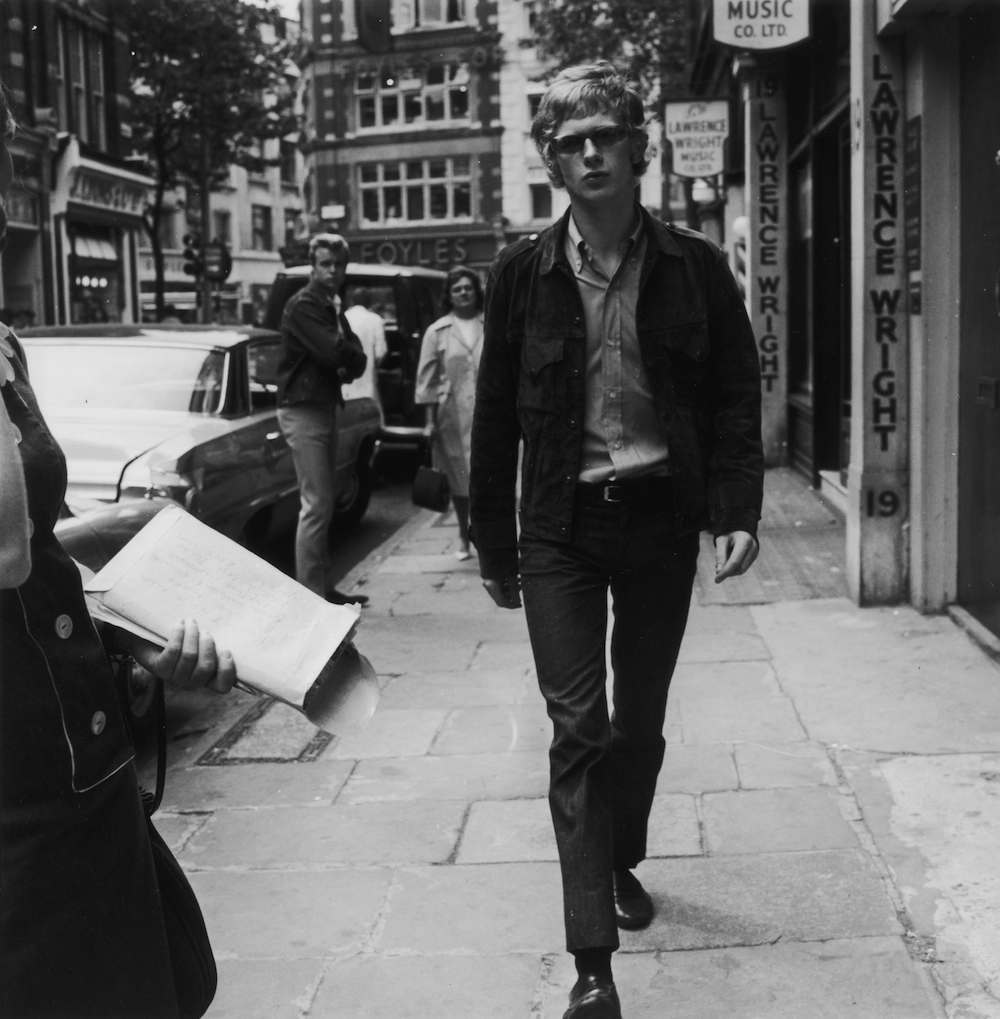
10th August 1964: British music executive Andrew Loog Oldham, manager and promoter of The Rolling Stones in Denmark Street, London, popularly known as Tin Pan Alley.
Oldham made his own luck through hard graft and ambition. Anything was possible because no one ever had told him otherwise. Oldham was an only child, which meant he never encountered older siblings to puncture his dreams or pin him down and fart in his face. Though I doubt this would have changed him other than to make him even more determined.
The son of an American airman raised by a single mum. His father was killed during the Second World War. His father already had a family back in the USA. Oldham was a rebellious schoolboy who sensed there was something better beyond the classroom. An adventure to be gained. A teenager who starred in his own movie which played continuous performances in his head. He took his cues from Cliff Richard singing Move It, James Dean in East of Eden and Rebel Without a Cause. He understood The Shadows were more than entertainment – they were life.
Most people end-up with just walk-on parts. Oldham had the smarts to know you have to believe in yourself if you ever want to make something happen. This starting point came when Oldham saw Paul Scofield as ambitious agent Johnny Jackson in the stage musical Expresso Bongo when he was twelve. In the play, Jackson watched teenage girls become obsessed with a no-talent bongo-playing singer. Jackson recognised the power of these screaming girls to give him mucho moolah and unparalleled success. As the artist Francis Bacon took his cue from the character of Charles Strickland in Somerset Maugham’s novel The Moon and Sixpence – from whence Bacon pinched the line “the brutality of fact” – Oldham found his in music and film.
After school, Oldham worked in PR. He talked his way into working with Mary Quant – because no one told him he couldn’t. He was fearless. Everything was possible. He travelled to the south of France. Blagged his way around and met the likes of Lionel Bart and Pablo Picasso. When he returned to England he had a brief spell tour managing the Beatles. This made him want to manage a band. His own band. Then one night when he saw Bob Dylan in a dressing room quietly talking with his manager Albert Grossman. Oldham wanted that intimate rapport with another. He found it one Sunday evening when he was told to go and see a band called the Rolling Stones.
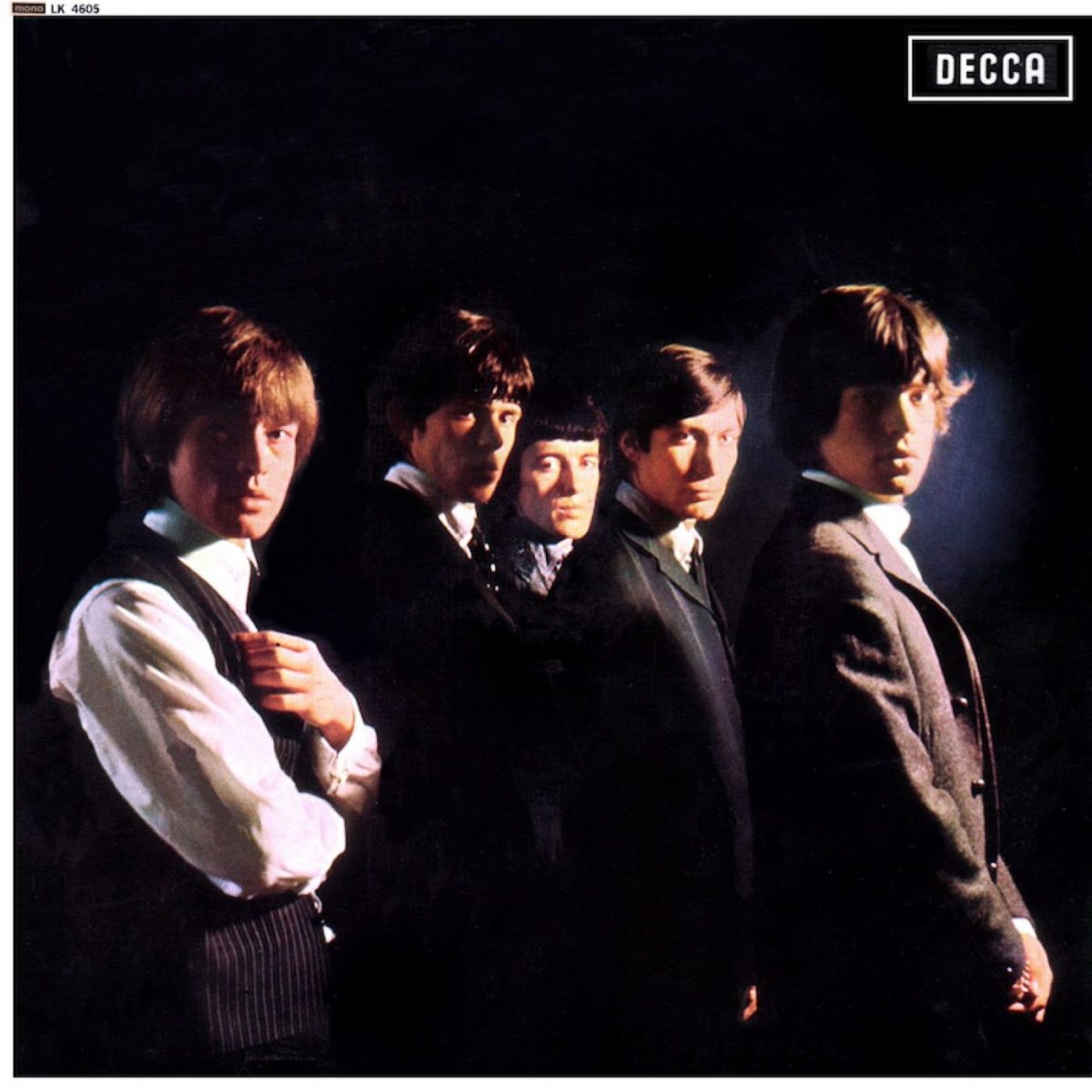
What made you think you could be a manager of a band like the Rolling Stones?
Andrew Loog Oldham: I didn’t think. I had no reference point. I had no fear. It was all really simple. Peter Jones of the Record Mirror told me to go and see them. I did. It was good for everybody…I was quite happy doing PR and I became happier managing the Rolling Stones.
You loosely described yourself as a hustler. What makes for success and how do you recognise it? How does a hustler know?
ALO: Hustler is merely a mantle of disguise one wears when you’re winging it. As Mick Jagger said in that self-portrait portrait 25 x 5, “Well, Andrew was younger than us.” I’m not sure what he meant. But it does say it all in Keith’s Life when he said something like, “We got on very well with Andrew when we all liked the same music.” Both sentences are key to what you are asking about.
As for what makes success? I think you’ve got to regard yourself as successful already. Now you’ve just got to bring everybody on board. No cap in hand. No “Puleeze Mister, give us a chance.” It’s your job to have your act together. Nobody else’s. I read something recently about an act who had picked who went on the road with them by their ability to ride through the bumps.
Do you think you had to create another you to deal in your role as manager and producer to the Rolling Stones?
ALO: I tried to create another me, at least on the page. A fellow called Nick O’Teene. I let him explain a couple of things in Stoned and 2Stoned that were better coming from him than me.
How did you produce those classic Stones albums? How did you know what to do?
ALO: I just didn’t get in the way. I knew when I was contributing and when I was not and when it was time to go to the bathroom.
My older brother had two singles. She Loves You by the Beatles and The Last Time by the Rolling Stones. When I was a child, I used to listen to these two songs on our parents’ Dansette record player. She Loves You was like a beautifully carved Greek sculpture. It was something I could admire but not quite get into. The Last Time was all jingly-jangly sensation which opened up another world of excitement. It was a song which would not have been out-of-place 30 years later at the height of Brit Pop. But it was the B-side Play With Fire by the Stones I loved this song best. It was visceral. Haunting. Oldham’s production made it seem Jagger and Richards were singing and playing in my head.
It was powerful. It was raw. It was dangerous. It hinted at a secret world of sensation still to be uncovered. Oldham’s work as a producer with the Stones is up there with George Martin’s work for the Beatles. In some ways, he was better.
Looking back, what advice would you give your younger self? How did you cope with the success of the sixties?
ALO: I’ve had this question before and it does not make sense to me. You’d have to be Dorian Gray to get that one. Obviously I did not cope with the success or the stuff that went with living above your means. Both financial and mental. I was having shock treatment by the age of 23. But, if you look at things my way, Brian Epstein was put on this Earth to get the Beatles their recording deal in the place that they got it. Brian Jones was put here to form the Rolling Stones. And I was put here to uncover and press the start button on the Rolling Stones.
You seem to have a strong sense of yourself and you obviously like yourself.
ALO: Very. If you don’t love yourself how can you love anybody else? Just liking is too passive.
Yet, you sometimes make it sound like you were just in the right place at the right time and things just happened. But you worked hard. You hustled. You were nicknamed ‘Sea Breeze’ because you moved so fast so silently and always got things done. That isn’t life just happening to you, this is someone motivated to get things done for a reason.
ALO: Yes, it is. As per life happening to you. Cut to August, 1963. Great Newport Street. Stones rehearsal in basement. Rehearsal is not going that well. No song is rescuing us. I leave. I turn right. I get to Leicester Square tube station. Getting out of the car as John [Lennon] and Paul [McCartney]. They can see I’m not as cheerful as they are. They come with me to the rehearsal and play the Stones I Wanna Be Your Man. We have our song. Now I’m happy as they were.
I could tell I, with emphasis on I, got the Stones second single from the Beatles. But that’s not the whole story. I know that this happened because I turned right, not left. That is life happening to me.
What influenced you growing up?
ALO: In the beginning Paul Scofield on stage as the manager at the Saville Theatre on Shaftesbury Avenue (ironically acquired later by Brian Epstein) in Wolf Mankowitz’s Expresso Bongo. Wolf was the father of Gered Mankowitz who took such great photos of the Rolling Stones and Marianne Faithfull. Anyway, I had finally had a good school report and so my Mother’s boyfriend got us tickets for Bongo. The moment these tacky church windows descended onto the stage and our pop hero (played by Cliff Richard in the film) croons The Shrine on the Second Floor I knew which game I wanted to pursue. I was twelve.
When I was thirteen, I saw The Girl Can’t Help It with Jayne Mansfield at the Ionic, Golders Green. There were three pre-video clips in that film Gene Vincent, Eddie Cochran and Little Richard that were life changers. James Dean in East of Eden – that’s where we learned to mumble. The Cain and Abel and Mum as Pimp and Dad as religious doormat was much more interesting than the Dad dilemma in the film that followed Rebel Without a Cause and East of Eden was a much better film. Marlon Brando was not an influence as we were all too young to be able to see his films. Ironically, the same is true for a lot of Hayley Mills films.
Later for a volatile while Anthony Burgess’s A Clockwork Orange. After I landed again after my “Out to Lunch” period, Graham Greene and Gay Talese.
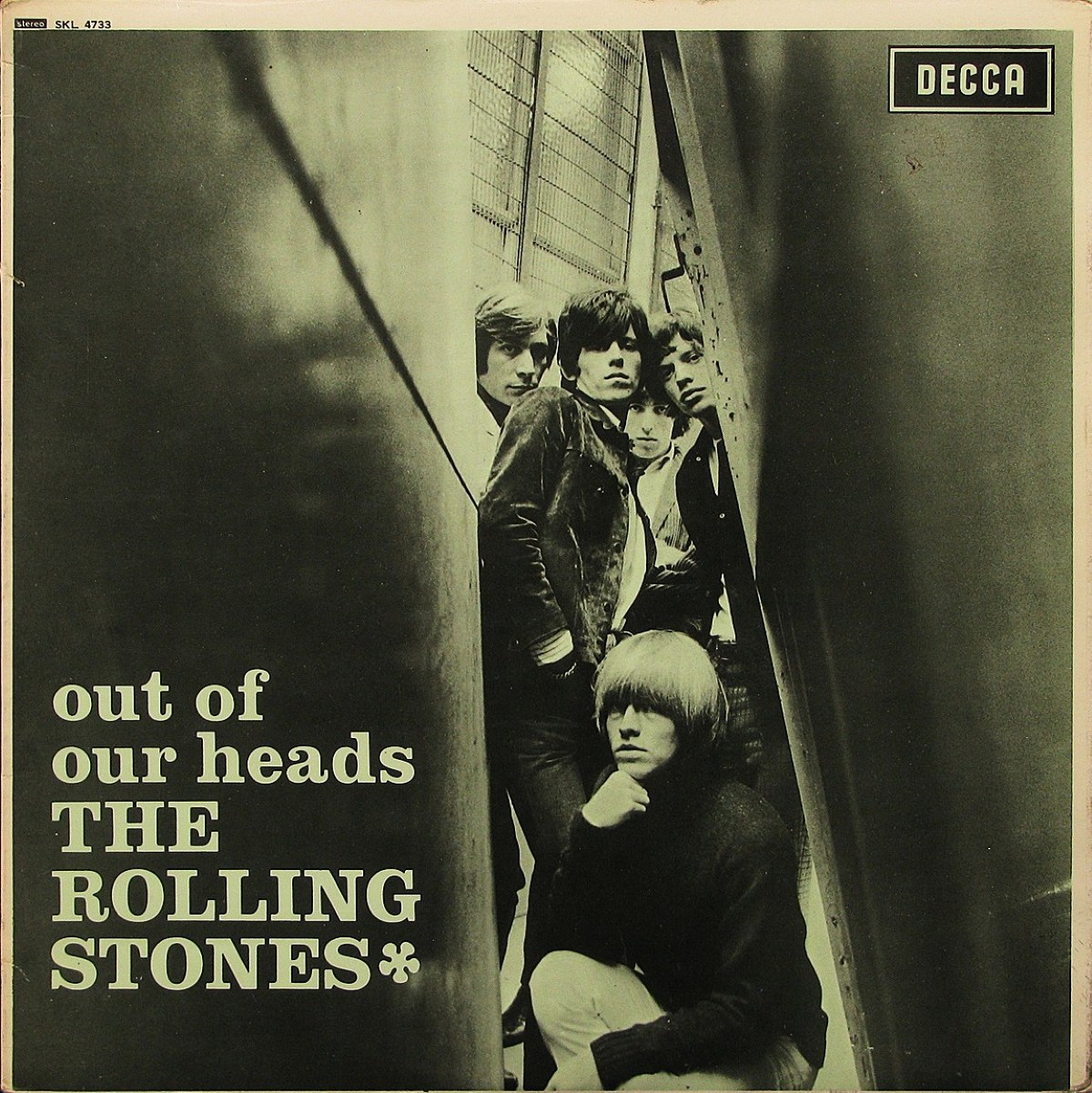
Oldham’s period of being “out to lunch” is a tale of too much drink and drugs. One drink was too many. A hundred never enough. Oldham suffered from depression. Something he notes with hindsight his Mother may have had. It would explain her emotional remoteness and mood swings. The first sign there was something wrong with Oldham came when the Stones had their first number one. Rather than celebrate, Oldham fled to Paris to be on his own. It was a hint of the storm a-coming.
His Clockwork Orange phase involved henchman Reg King putting the frighteners on those who crossed Oldham’s path. On one occasion, Oldham had King threaten to break a journalist’s fingers after the poor hack had written some negative comments about Keith Richards’ acne as Keith’s Mum was most upset.
Yet for all this, Oldham was focused on hard work and success. He gave the Stones their bad boy image. He dropped keyboard player Ian Stewart from the band because he wasn’t good looking enough. Most importantly, he forced Mick Jagger and Keith Richards to write songs by locking them up in a room until they had something good. This turned out to be As Tears Go By. Quite a feat for a first attempt at song writing. Oldham had good advice from famed producer Phil Spector who told him to make your own master tapes and license them to the record label. This inevitably led to Oldham setting up his own label with Tony Calder called Immediate Records which signed artists like the Small Faces, P. P. Arnold, Rod Stewart, Chris Farlowe, and the Nice.
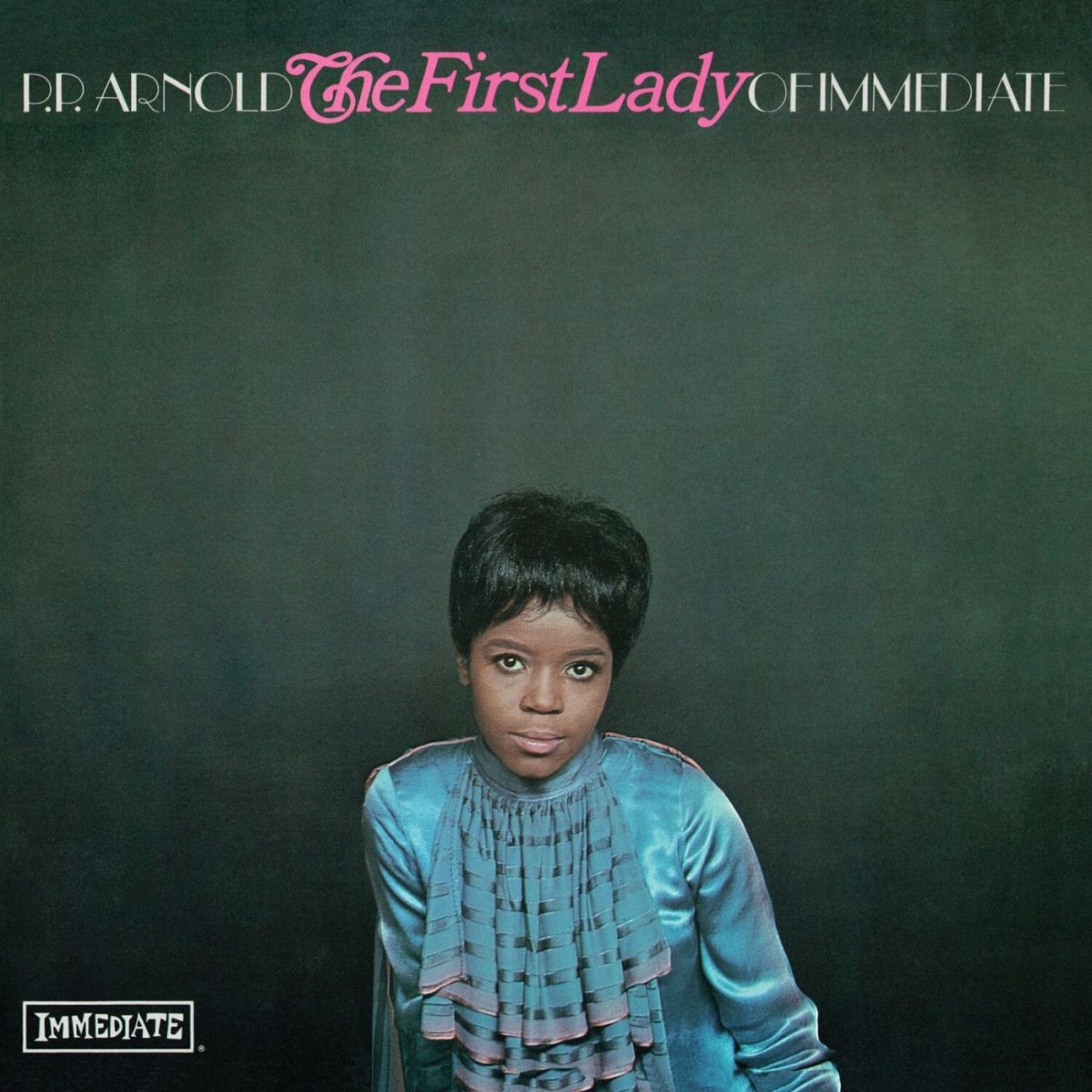
Tell me about Immediate Records?
ALO: I did something for a lot of wrong reasons and it brought musical joy to many. The downside is inconsequential. To the acts that bitched about it – Get over it.
Wrong reason #1: I was too high to go to meetings with record companies so I formed one of my own. I had hopes it would be a vehicle for Mick, Keith and me but apart from a one-off with Chris Farlowe, that was not meant to be. The road is king. The road took over and that road divined the way music and recordings were going to be.
You live in Colombia do you feel more attachment to the Americas or England?
ALO: Of course I never had a total affinity with being English or British or anything like that. I was the only one in my family who was born in England. I only started to feel at home when I got to America.
What motivated you at the very beginning? What did you hope to achieve?
ALO: I didn’t set out to achieve anything specifically, I just wanted to make sure I was not captured by averageness. I had known what I wanted since Expresso Bongo.
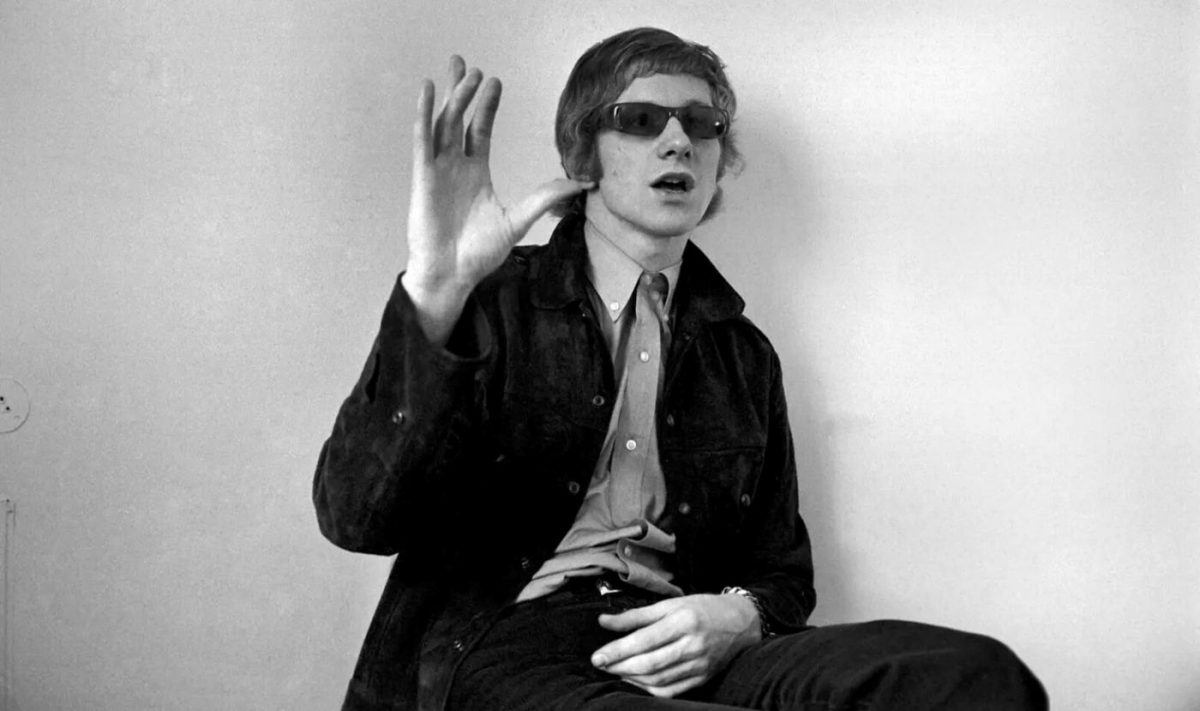
At the end of Andrew Loog Oldham’s email is a quote from the American basketball coach John Wooden which reads:
Talent is God-given, be humble.
Fame is man-given, be grateful.
Conceit is self-given, be careful.
With thanks to Andrew Loog Oldham.
Photographs by Betina La Plante – used by kind permission.
Buy Oldham’s Stoned and 2Stoned here.
H/T Planet Paul.
Would you like to support Flashbak?
Please consider making a donation to our site. We don't want to rely on ads to bring you the best of visual culture. You can also support us by signing up to our Mailing List. And you can also follow us on Facebook, Instagram and Twitter. For great art and culture delivered to your door, visit our shop.

